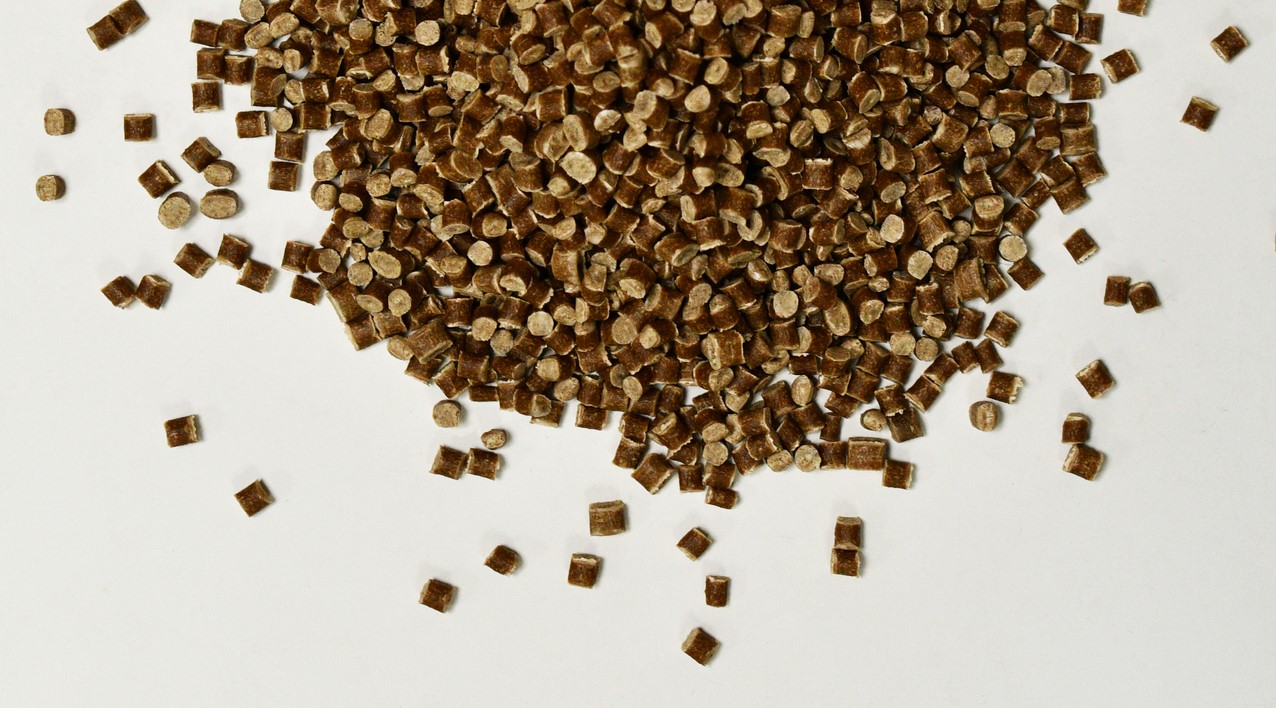How Plant-Based Polypropylene Can Revolutionize the Fashion Industry
The fashion industry, known for its creativity and innovation, has long been associated with glamour and style. However, behind the scenes, the industry faces significant environmental challenges.
But there is hope on the horizon – a revolutionary solution known as plant-based polypropylene.
Environmental Issues in the Fashion Industry
Fast fashion and its negative consequences:
Fast fashion refers to the production of inexpensive and quickly produced clothing to meet the latest fashion trends. While it offers affordability and accessibility to consumers, it has detrimental effects on the environment. Fast fashion encourages frequent purchases and rapid disposal of garments, leading to increased resource consumption, waste generation, and pollution. The pressure to keep up with ever-changing trends contributes to overproduction and excessive use of raw materials, water, and energy.

Fast fashion contributes to overproduction and excessive use of raw materials, water, and energy.
Pollution from synthetic materials and microplastics:
The fashion industry heavily relies on synthetic materials such as polyester, nylon, and acrylic, which are derived from petrochemicals. The production and disposal of these materials contribute to pollution and environmental degradation. During the production process, the use of chemicals and energy-intensive processes leads to water and air pollution. When synthetic garments are washed, they release microplastics into the waterways, causing harm to marine life and ecosystems. These microplastics are persistent and can take centuries to degrade.
Waste generation and landfill accumulation:
The fashion industry generates a significant amount of waste throughout its supply chain, from textile production to consumer disposal. Garment production involves cutting patterns, which results in textile scraps and offcuts that are often discarded. Additionally, the disposal of unwanted or worn-out clothing contributes to landfill accumulation. Textile waste in landfills not only takes up space but also emits greenhouse gases as the materials decompose. The linear "take-make-dispose" model of the fashion industry is unsustainable and calls for a shift towards circularity and waste reduction.
Introducing Plant-Based Polypropylene
Definition and characteristics
Plant-based polypropylene, also known as bio-PP, is a type of polypropylene that is made from renewable plant-based materials, such as sugarcane, corn or agricultural waste, such as coffee grounds of rice husk. Plant-based polypropylene, derived from renewable feedstocks such as plant oils or agricultural byproducts, offers a promising alternative to conventional polypropylene, which is derived from fossil fuels. Bio-PP is considered to be a more sustainable alternative to traditional petroleum-based polypropylene because it reduces the reliance on fossil fuels and has a lower carbon footprint.

Rice husk-based polypropylene
>>>> Learn more at: The Promising Role of Bio-based Raw Materials in Reducing Carbon Footprint
The use of plant-based polypropylene is becoming more common in industries like packaging, automotive, and fashion, as more companies seek to reduce their environmental impact and move towards more sustainable practices.
Some of the characteristics of plant-based polypropylene include:
- Lower carbon footprint: Bio-PP is considered more sustainable as it is made from renewable plant-based materials rather than fossil fuels, thus having a lower carbon footprint.
- Similar properties to traditional polypropylene: Bio-PP has similar properties to traditional petroleum-based polypropylene, like being generally mechanically rugged with high chemical resistance.
- Can be used as an engineering plastic: Polypropylene, including plant-based polypropylene, can be used as an engineering plastic in various applications.
Benefits of Plant-Based Polypropylene in the Fashion Industry
- Reduced carbon footprint and greenhouse gas emissions: Plant-based polypropylene offers a more sustainable alternative to conventional polypropylene by reducing reliance on fossil fuels. The use of renewable feedstocks in its production results in lower carbon emissions and contributes to mitigating climate change.
- Biodegradability and reduction of textile waste: Plant-based polypropylene is biodegradable, meaning it can break down naturally over time. This characteristic is particularly beneficial in the fashion industry, where textile waste is a significant environmental concern. By utilizing plant-based polypropylene, fashion products can have a reduced impact on landfill accumulation and contribute to more sustainable waste management practices.
- Health and safety considerations: Plant-based polypropylene offers potential health and safety benefits compared to conventional polypropylene, which may contain additives and chemicals of concern. Plant-based alternatives often have lower toxicity levels, reducing the potential risks to human health and the environment.
Types of Plant-Based Polypropylene
- Coffee-based polypropylene: Coffee-based biocomposite is a type of bio-based polypropylene that utilizes coffee waste as a raw material. Coffee grounds, which are a byproduct of coffee production, are collected and processed to extract the natural fibers present in them. These fibers are then combined with bio-based polypropylene to create a composite material.
- Sugarcane bagasse-based polypropylene: Sugarcane bagasse is the fibrous residue left after extracting juice from sugarcane. It is a readily available agricultural waste material that can be used as a renewable resource for bio-based polypropylene. Sugarcane bagasse-based composites are produced by blending the bagasse fibers with bio-based polypropylene, creating a sustainable and biodegradable material.
- Rice husk-based polypropylene: a type of plant-based polypropylene that utilizes rice husk, a byproduct of rice milling, as a raw material.
If you're interested in purchasing plant-based polypropylene, AirX is a reputable provider specializing in the production and trading of bio-composite materials. They have pioneered the development of coffee bio-composites by incorporating plant-based with recycled plastics such as PP, PE and PLA.

AirX's innovative approach aims to transform waste materials into valuable resources, offering sustainable alternatives to traditional plastics. By harnessing the carbon content present in coffee grounds, they create bio-composite materials that have a lower carbon footprint and contribute to reducing environmental pollution.
Contact us
AirX is the world's first carbon-negative bio-material made from coffee grounds manufacturer.
We specialize in producing bio-based composites using recycled carbohydrates derived from by-products such as coffee grounds, coconut husk, husk, and bamboo. Our goal is to promote sustainability through the use of eco-friendly materials.
We are always here to help and provide the best service possible. If you have any questions or would like to receive advice and feedback directly from our sales staff, please do not hesitate to contact us. You can reach us through:
- Whatsapp: +84 969 742 950
- Email: [email protected]
We look forward to hearing from you!

